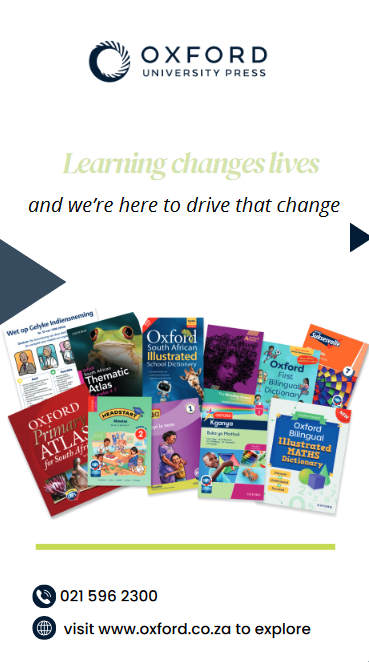Inside Education Reporter
South Africa celebrates 30 Years of Freedom and Democracy, the 6th Administration of Government is ending but five years still remain to reach the 2030 targets set by the National Development Plan (NDP).
The Basic Education Sector has reviewed the strides captured in the “Highlights of the achievements of the 6th Administration,” compiled by the Department of Planning, Monitoring and Evaluation (DPME).
Curriculum Transformation
To respond to an ever-changing economy and to better prepare learners for the future, the country has introduced a curriculum that equips learners with Skills and Competencies for a Changing World.
The new curriculum offerings include Coding and Robotics, 11 new Technical Subjects, and new Technical Subject Specialisations: Civil Technology (Civil Services, Construction, and woodworking); Mechanical Technology (Automotive, Welding, fitting, and Machining); Electrical Technology (Power Systems, Electronics, and digital Systems); and Technical Mathematics, Technical Sciences, and Marine Sciences.
However, the government still needs to do this, and it is currently working to introduce the Aviation and Aerospace Curriculum, Mining Studies Curriculum, and Aquaponics Curriculum to equip learners with the skills they need to thrive in the ever-changing economy.
The Entrepreneurship Framework is also being implemented in many schools to prepare young people for entrepreneurship, employment, and employability. The government wants to see many young people acquire entrepreneurship, employment, and employability knowledge and skills.
Early Childhood Development increases access
One of the major achievements of the 6th Administration was the transfer of Early Childhood Development (ECD) coordination from the Department of Social Development to Basic Education. The formal proclamation came into effect in April 2022, supporting the NDP identification of ECD as central to building human capabilities whilst equalising opportunities for all its children.
Not only has the coordination role been transferred, but to lay a solid foundation for ECD in the future, a census of ECD programmes was conducted in 2021, collecting data on 42,420 ECD programmes serving 1.66 million children across the country. In addition, the first-ever Thrive by Five national study established the extent to which young learners are developing on track by age 5.
This will assist the DBE in monitoring progress in the developmental outcomes of our young learners as new programmatic support is rolled out within the newly reconstructed ECD system. While this recasting of ECD is taking place, it is essential to note the progress made by the democratic government. For example, the percentage of 5-year-olds attending institutions has increased from about 40% in 2002 to almost 90%.
The DBE is now making every effort to increase participation through, for instance, a mass registration drive for ECD programmes. Quality improvement initiatives are being introduced, including a new ECD Infrastructure Strategy, curriculum support materials, and new practitioner training and support forms.
Instead of dropout, retaining more learners in school throughout the pandemic
During the 6th Administration, Basic Education faced unprecedented disruption through the COVID-19 pandemic. The extended school closures caused by the national lockdowns led to fears of an increase in dropping out of school.
However, a combination of measures saw the participation rates amongst 16-18-year-olds (where dropout mainly occurs) increase in 2020 and 2021. These measures included new health and safety protocols for operating schools during the pandemic, efforts to keep the National School Nutrition Programme going, implementing trimmed Annual Teaching Plans to allow curriculum coverage within a shortened school year, and changes to grade repetition policies.
Lower grade repetition meant more learners progressing into Grade 12 and writing the National Senior Certificate (NSC) examinations. Ultimately, the number of NSC and Batchelor-level passes was higher than ever.
More High-Level National School Certificate (NSC) outcomes than ever before, especially among female learners
Not only have more young people reached Grade 12 and achieved an NCS pass in recent years, but the number of high-level NSC achievers has been higher than ever before during the 6th Administration.
The number of Bachelor-level passes has tripled since 2008. Moreover, the share of Bachelor-level passes coming from no-fee schools has increased from only one-third of all Bachelor-level passes to about two-thirds of all Bachelor-level passes.
Similarly, the MTSF for the number of NSC candidates scoring more than 60% in mathematics and science has now been achieved thanks to strong increases in 2023. It is also encouraging that the gender gap in high-level mathematics and science achievement has now been closed.
In previous years, there were always more male learners achieving 60% or more in these subjects, but in the last two years, the number of female learners achieving 60% or more has caught up to and surpassed that of male learners.
INSIDE EDUCATION










